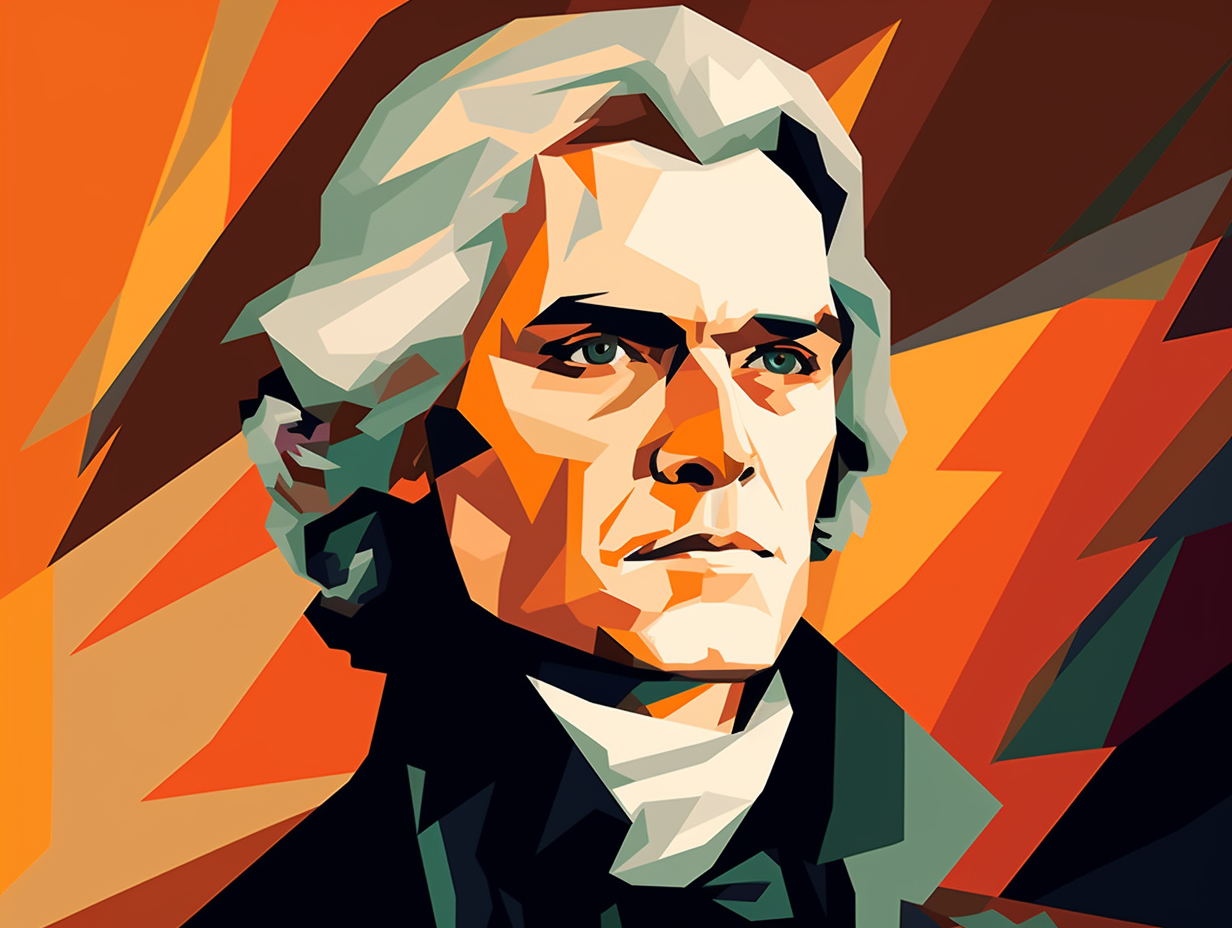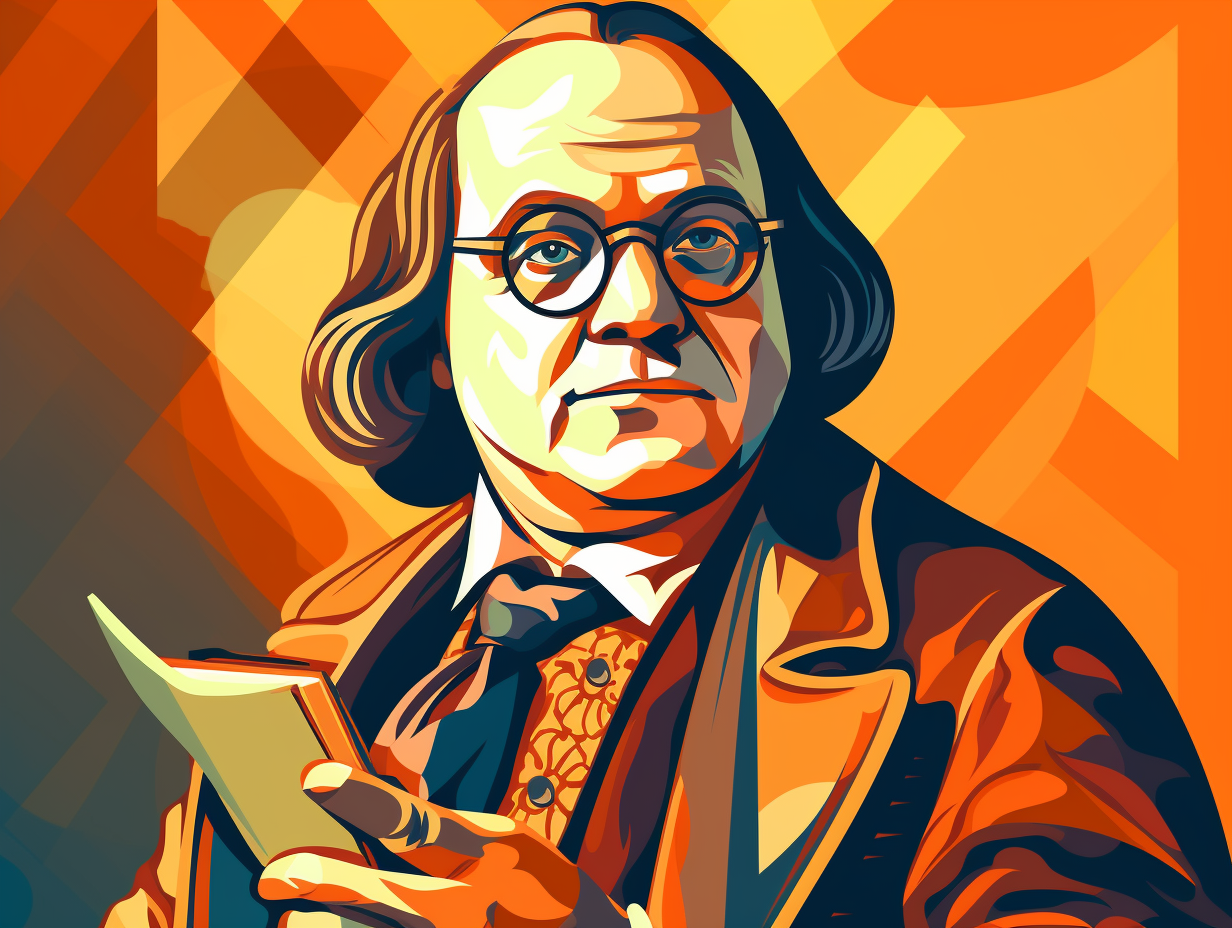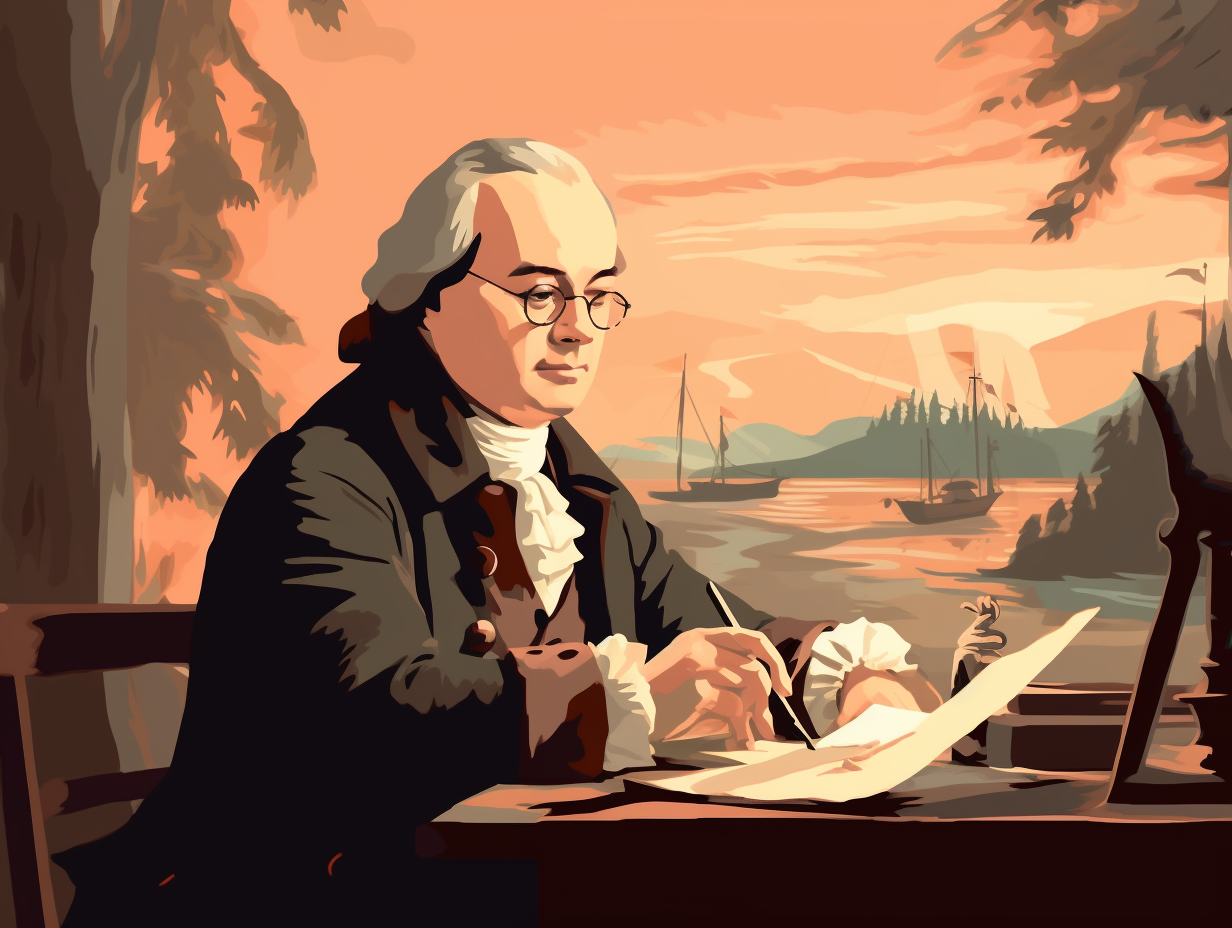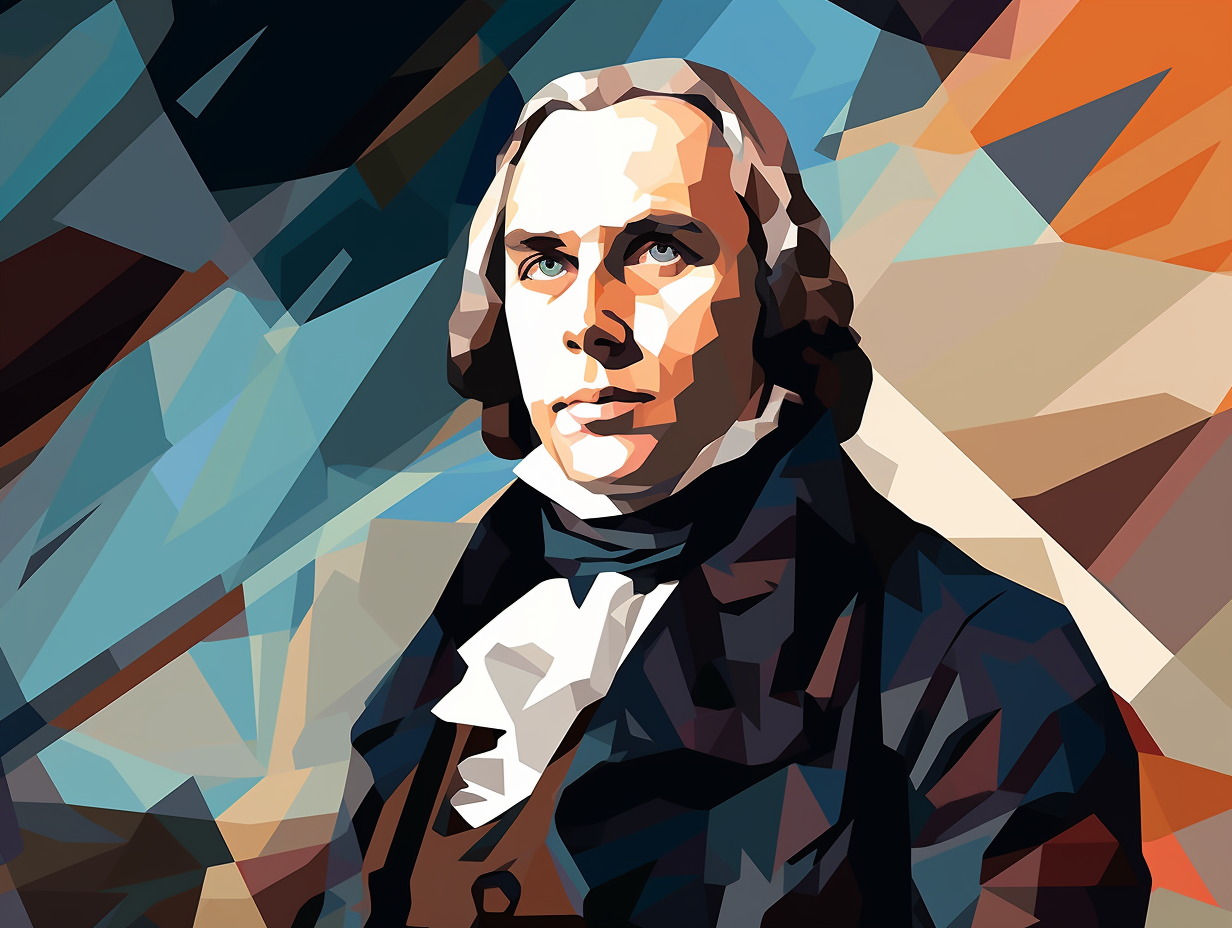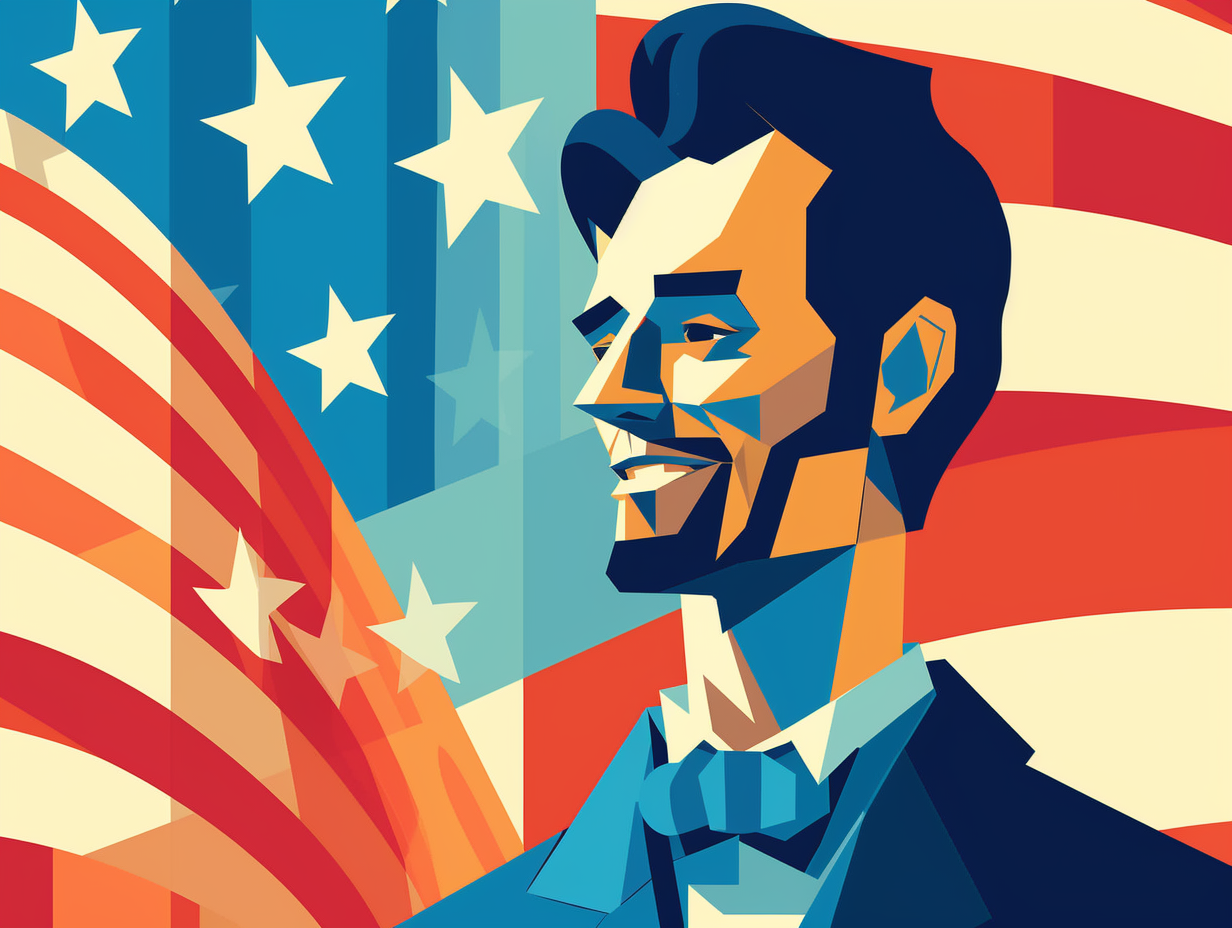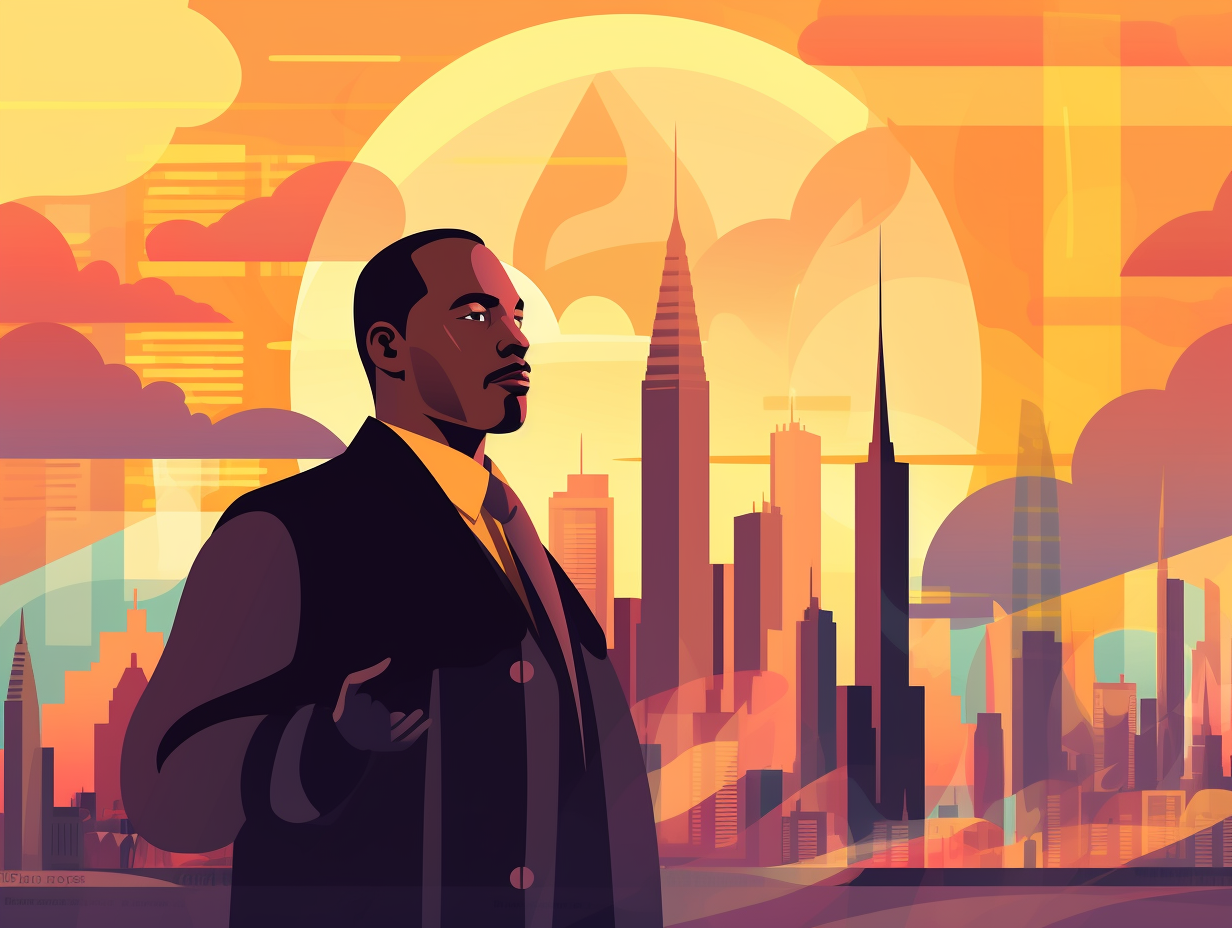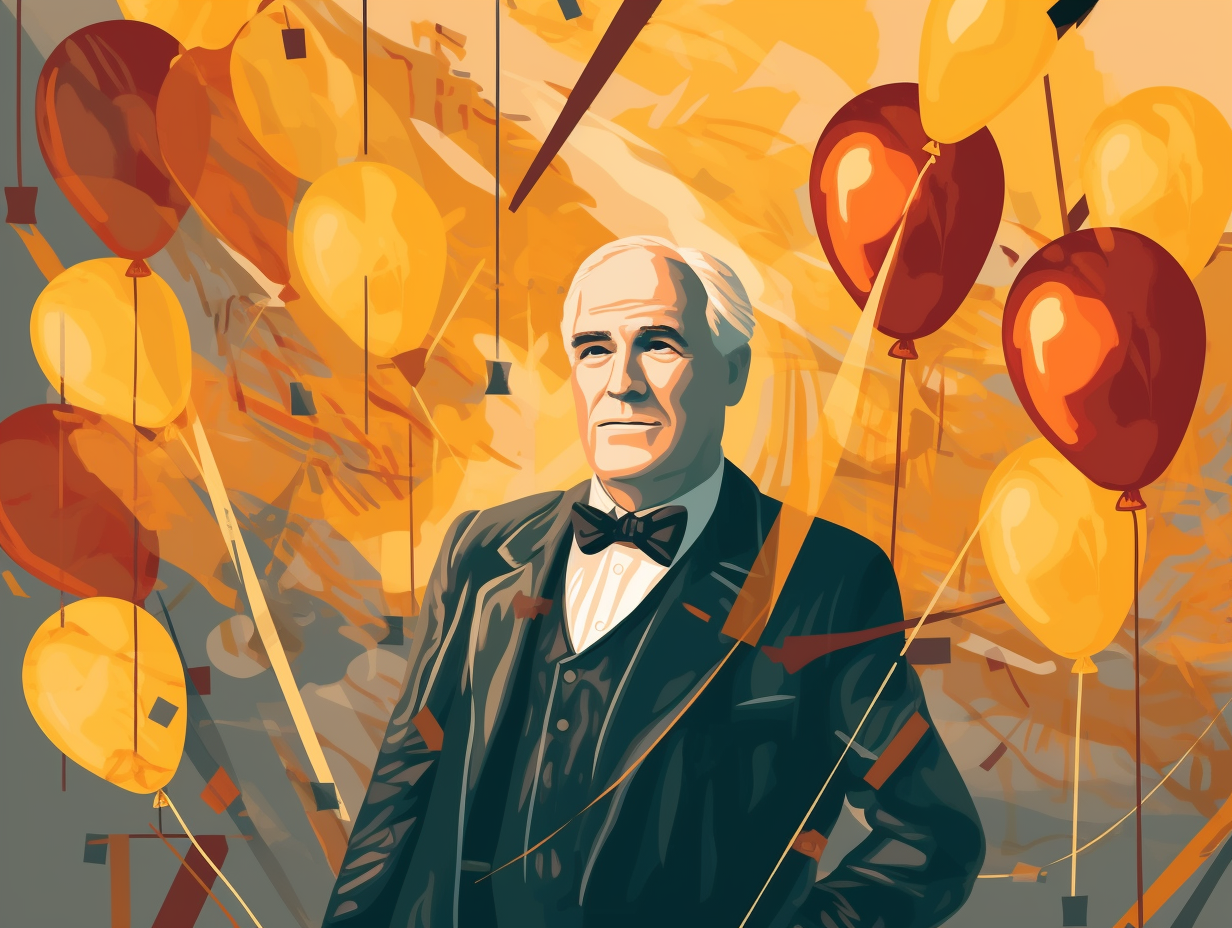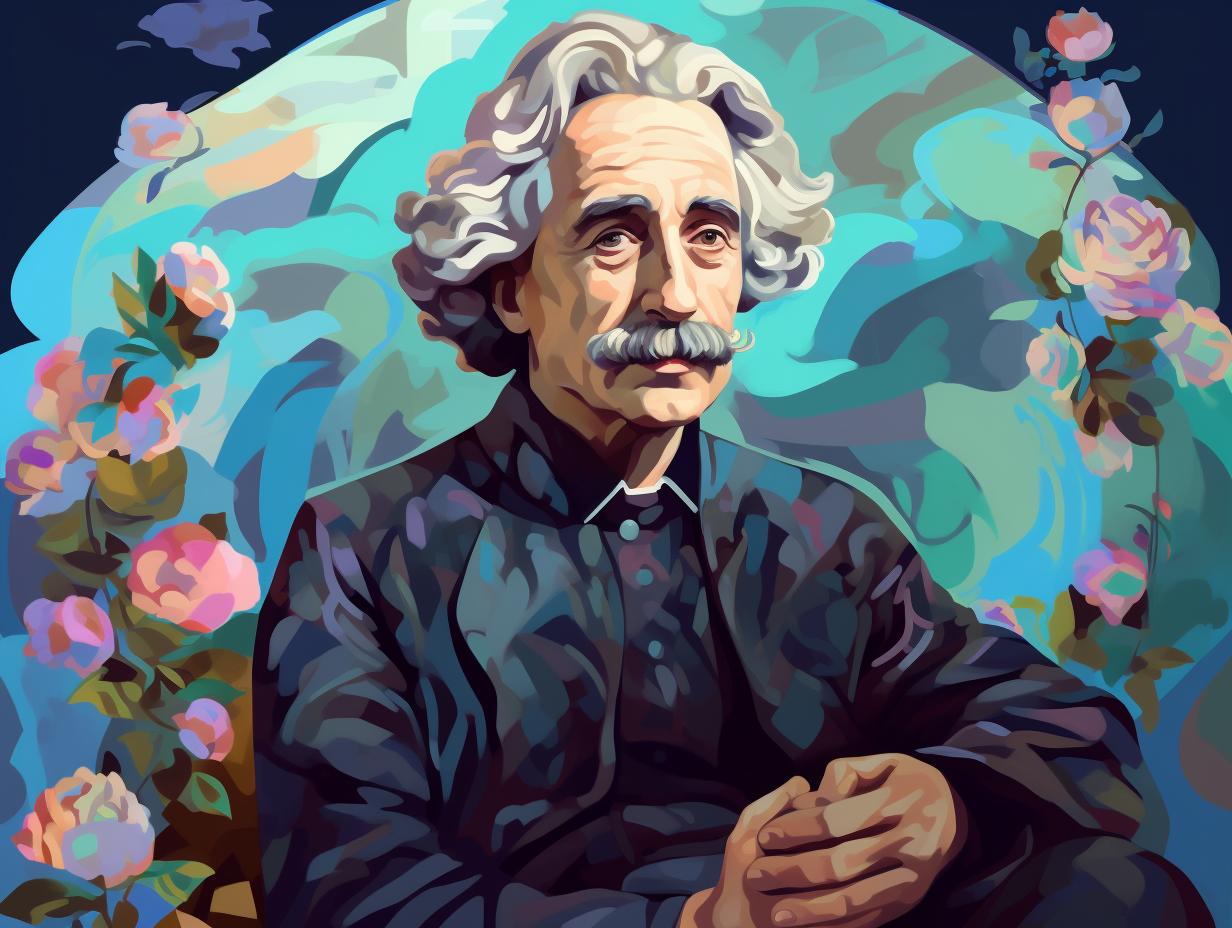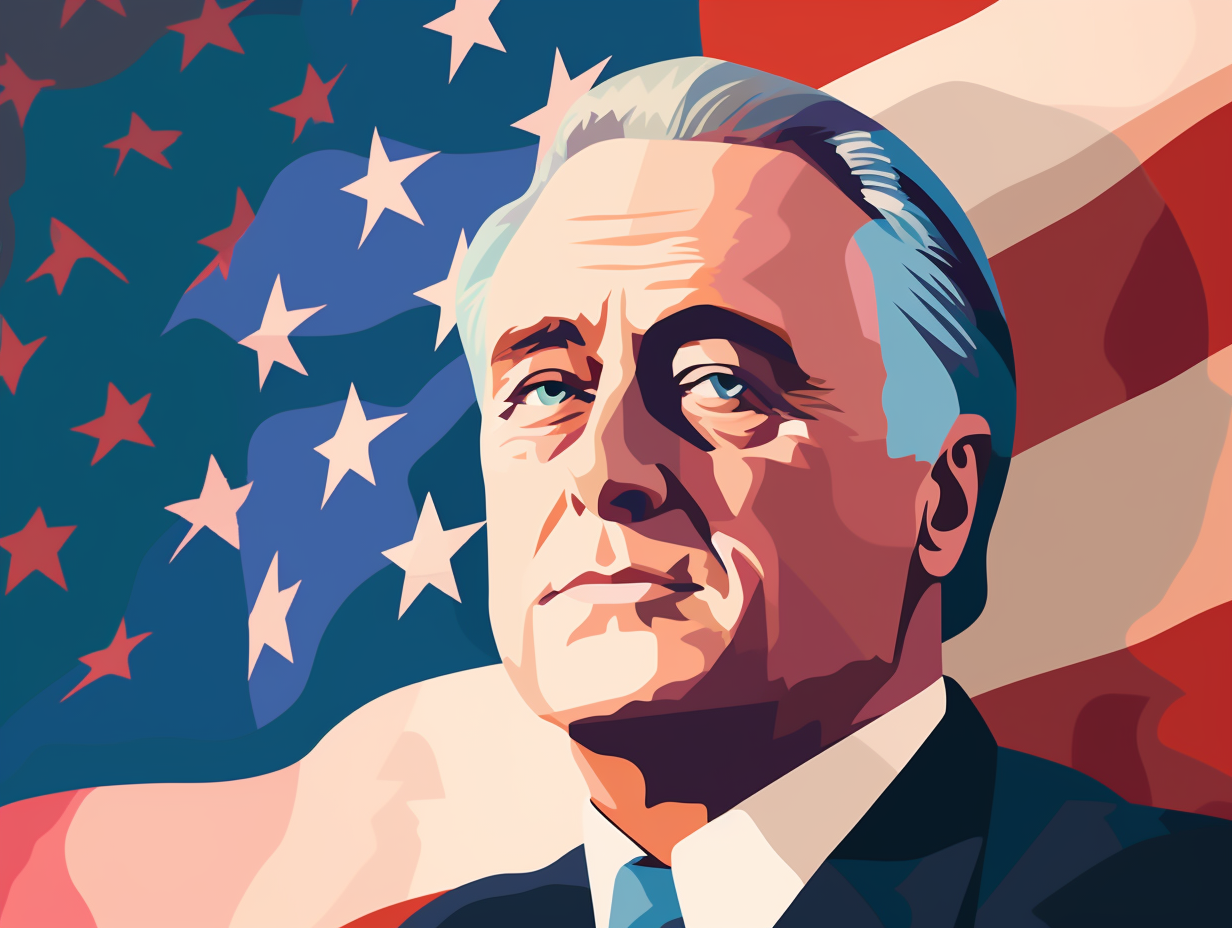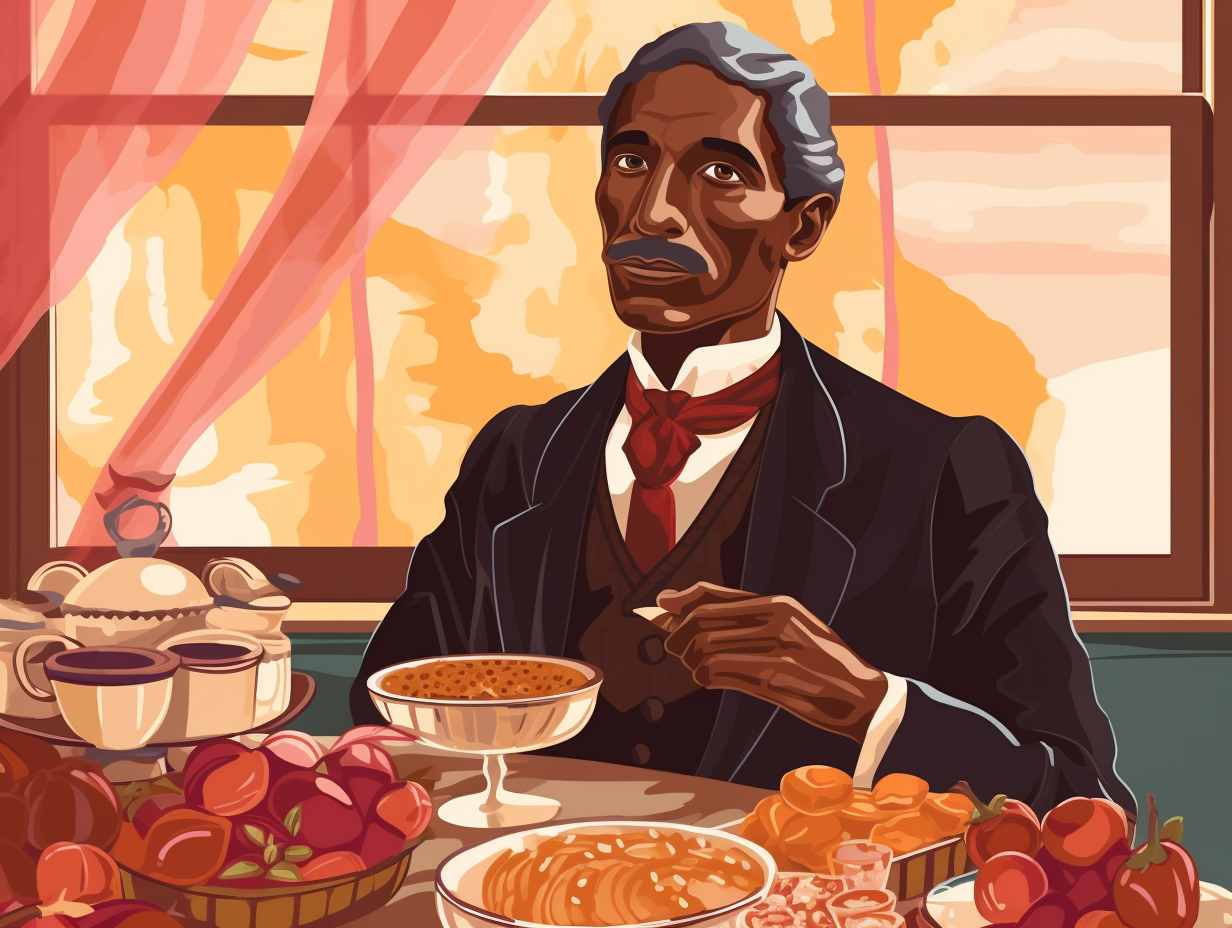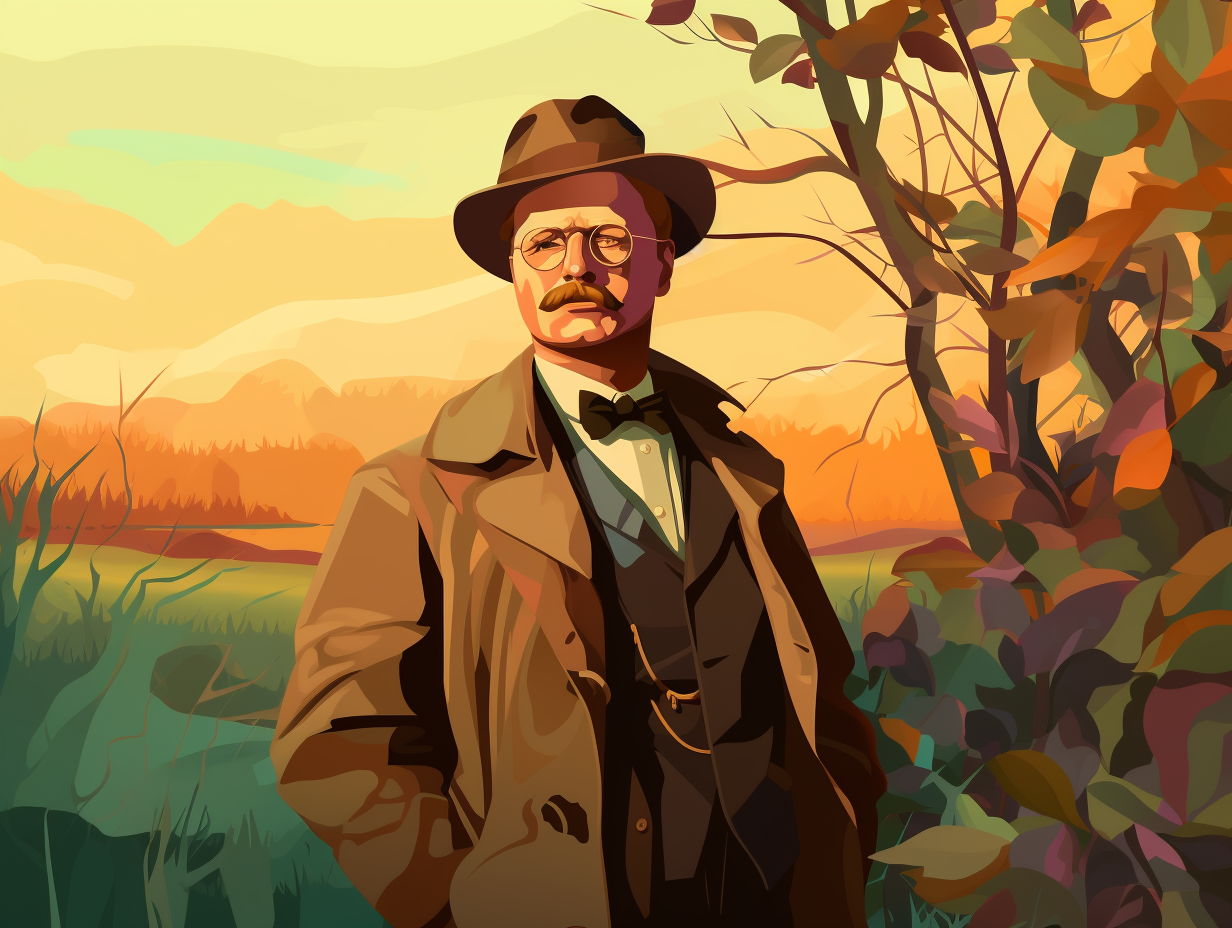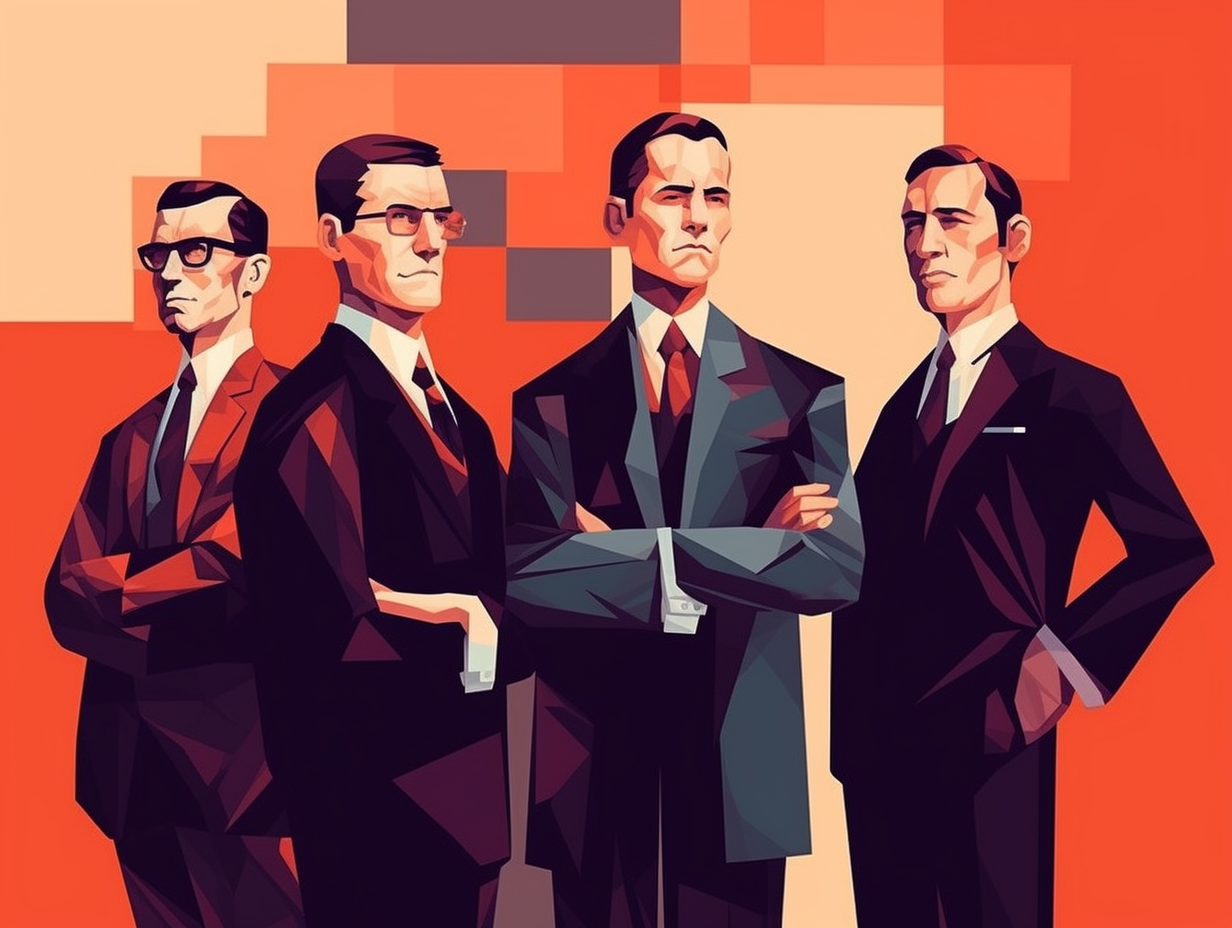Discover the Unbelievable: Top 16 Alexander Hamilton Fun Facts That Will Blow Your Mind!

1. OG Banker Hamilton
Who knew Alexander Hamilton was an OG banker, laying down sick financial beats like a breakdancer back in the 18th-century? Just imagine him in a tricorn hat, making it rain colonial dollars: In all seriousness, Hamilton played a pivotal role in founding the Bank of New York, which has since evolved into the Bank of New York Mellon. As one of its first directors, he helped build a strong foundation for the financial institution, creating banking practices that persist today.
Source => pbs.org
2. Penmanship Master
Feeling fed up with paperwork? You're in good company: Alexander Hamilton was a master of penmanship, co-authoring the Federalist Papers – a collection of 85 articles that advocated for the United States Constitution's ratification, which not only made their way into New York newspapers but also remain essential reading for Constitutional scholars today.
Source => loc.gov
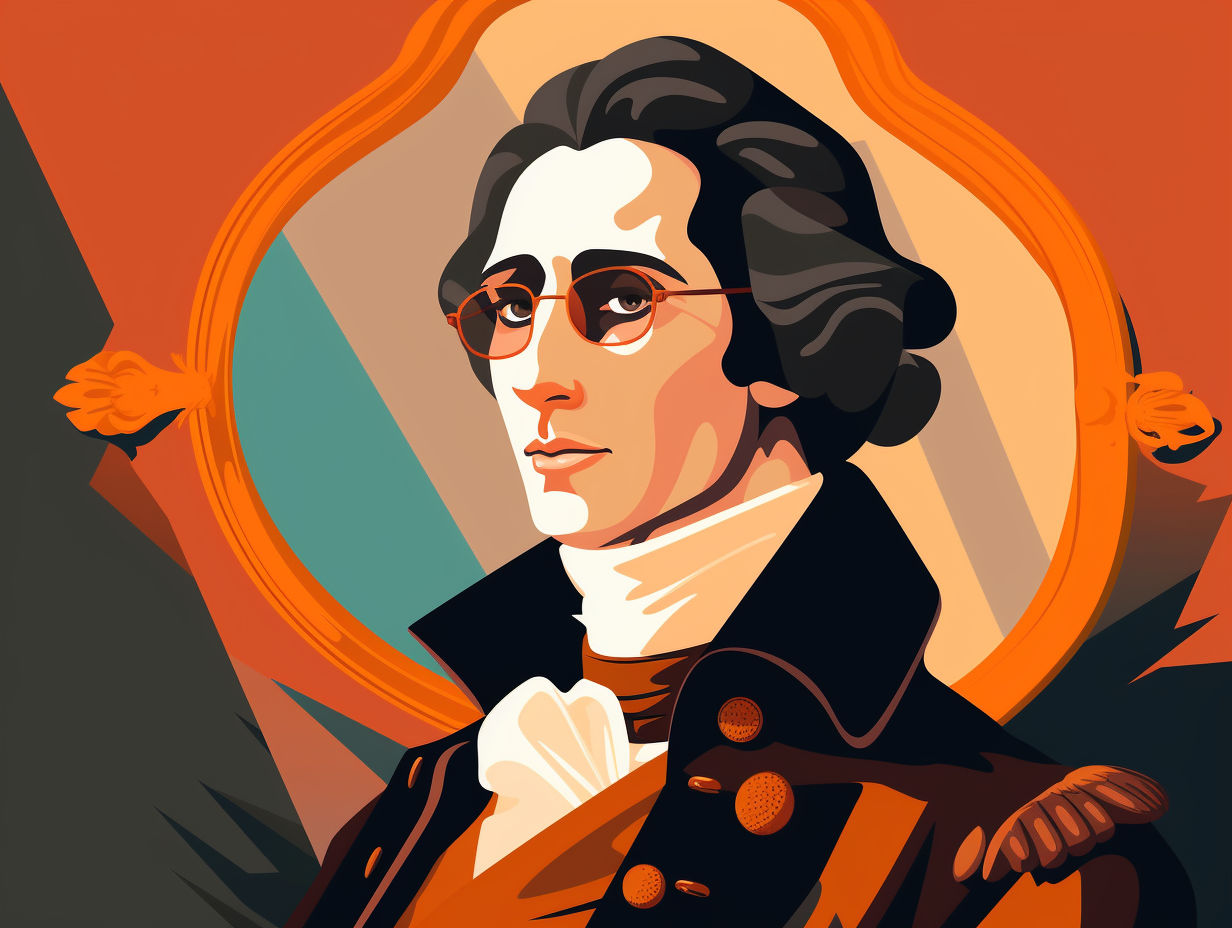
Did you know George Washington's famous dentures were far from wooden? Discover the surprising materials used in his peculiar pearly whites!
=> Fun Facts about George-Washington
3. Fashion Victor
They say some people would give their right arm for a good set of accessories, but Alexander Hamilton went above and beyond by snatching victory from the jaws of defeat with fashion to match: that's right, this Revolutionary War hero led a daring charge at the Battle of Yorktown, earning him not only glory and admiration, but also two stylish field epaulets and a dashing sword knot to complete his ensemble.
Source => virginiahistory.org
4. Justice Fighter
Before he was the "ten-dollar Founding Father" cracking jokes about "not throwin' away his shot" in a hit Broadway musical, Alexander Hamilton was already making waves in the fight for justice: As a member of the New York Manumission Society, he worked to protect the rights of black New Yorkers, both free and enslaved, protesting against their kidnapping and advocating for their gradual emancipation. Despite the Society's own mixed relationship with slavery, Hamilton and his cohorts also supported the New York African Free School to educate black students.
Source => nyhistory.org

5. Caribbean Shakespeare
Before Alexander Hamilton said, "Don't mind me, I'm just here to revolutionize America and start a national bank," he was busy penning dramatic weather reports as the Caribbean's answer to Shakespeare: Back in his West Indies days, young Hamilton wrote a letter so eloquent about a devastating hurricane that it bagged him a fully-sponsored trip to North America, where he made his mark at King's College (now Columbia) and had his insightful opinions on the British and American governments mistaken for the work of John Jay.
Source => ushistory.org
6. Constitution Crusader
Say it ain't so, Publius: Alexander Hamilton wasn't just a Broadway sensation, but he also played a crucial role in drafting the United States Constitution, being a key advocate for its ratification, and going on to pen 51 of the 85 Federalist Papers (though not within six months) under his spicy pseudonym, all in his pursuit of a strong central government.
Source => guides.loc.gov
7. Banking Genius
Before becoming a Broadway sensation and America's favorite founding father, Alexander Hamilton was just a guy who was really, really into banks: In addition to being the nation's first Secretary of the Treasury and creating the U.S. Mint, Hamilton flexed his financial finesse by serving as a military commander, congressman, lawyer, and political philosopher, ultimately founding the Bank of New York in 1784, which still thrives today as BNY Mellon, all while rocking a portrait-worthy face that currently graces the $10 bill.
Source => bnymellon.com
8. Scandalous Founding Father
Alexander Hamilton, the founding father with a flair for drama and an affinity for tawdry love affairs: He not only weathered a scandalous tempest with Maria Reynolds, but also waged political warfare alongside Thomas Jefferson, championing a national bank to centralize power and boost public credit—a move that ruffled feathers amongst his contemporaries who viewed it as favoritism towards the wealthy and a stomping on state sovereignty. And let's not forget his penchant for instigating a good ol' fashioned revolt, courtesy of his whiskey tax proposal that sparked the Whiskey Rebellion of 1791, forcing farmers and distillers in western Pennsylvania to come face-to-face with federal forces.
Source => en.wikipedia.org
9. Quill-Wielding Warrior
While historians can't prove that Alexander Hamilton ever shouted, "Keyboard warrior, assemble!": it's a known fact that he wielded his quill with unmatched skill, crafting revolutionary essays and Federalist Papers. Yet, despite his tenure as George Washington's aide-de-camp, the penning of battle reports to Congress was left in the ink-stained hands of fellow staffer, Tench Tilghman.
Source => mountvernon.org
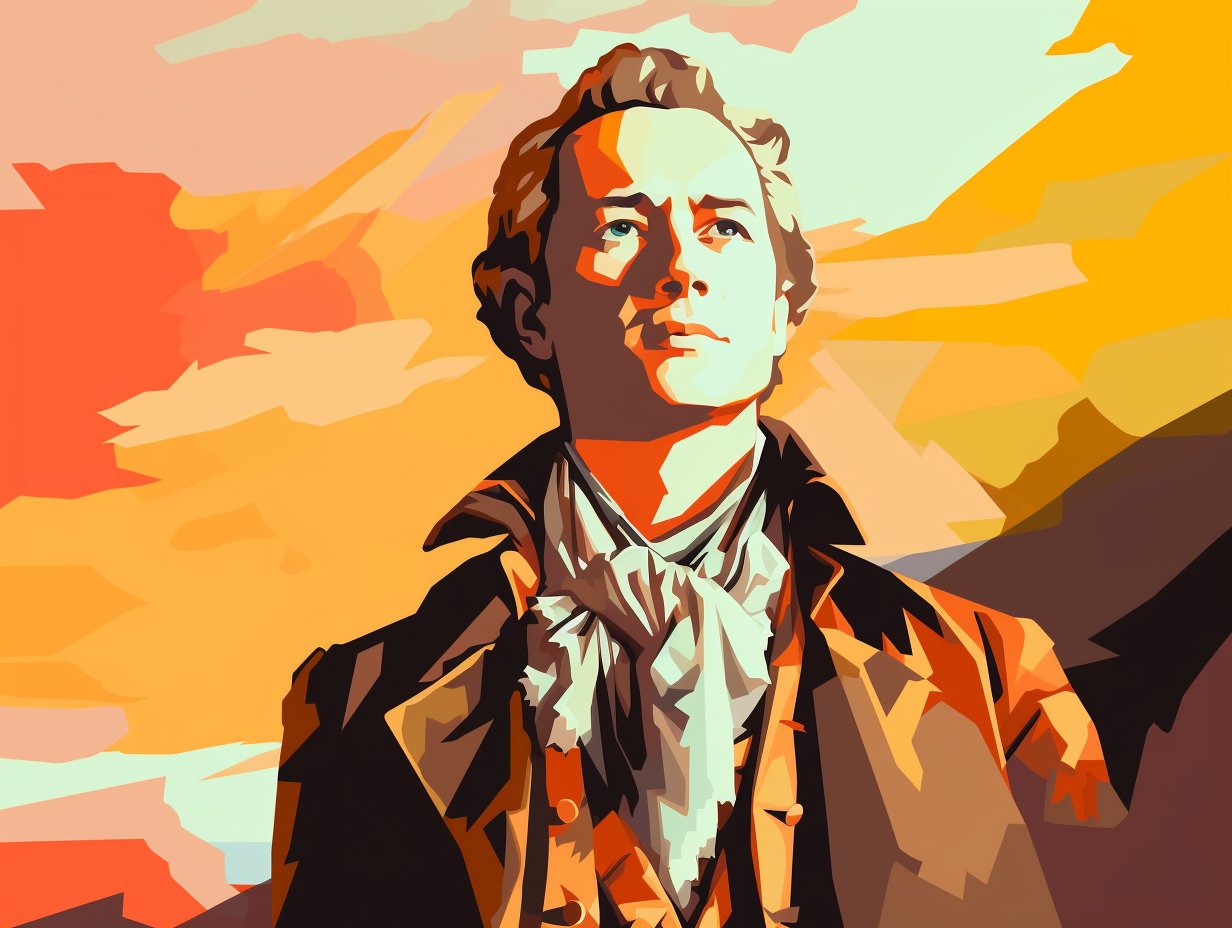
10. Credit Slate Creator
Before Alexander the Great, there was Alexander the Credit Slate: Alexander Hamilton played an indispensable role in shaping the American financial system, founding the first national bank and instituting critical policies that fostered the nation's credit and economic prosperity.
Source => pbs.org
11. Duel Pokémon Master
When Alexander Hamilton wasn't busy building the nation's financial system, he seemed to have a unique hobby: collecting duels like Pokémon cards: In fact, he participated in at least ten known duels before his fateful meeting with Aaron Burr, facing foes such as William Gordon, Aedanus Burke, and even James Monroe. On top of that, he acted as a trusty sidekick in two other duels and sadly lost his son, Philip, in one. Interestingly, he had planned to 'throw away his shot' in the duel with Burr, as he mentioned in his final letter to his wife.
Source => en.wikipedia.org
12. Shady Tea-Time Spy
Talk about secret rendezvous and financial espionage! Our dear founding father, Alexander Hamilton, had a penchant for shady tea-time chats that would make even James Bond raise an eyebrow: As Secretary of the Treasury, Hamilton played a key role in strengthening American ties with Britain, but his secretive meetings with a British intelligence agent have earned him some historical side-eye from historians, despite the fact that his machinations led to a lasting and fruitful economic relationship between the two nations.
Source => press.princeton.edu
13. Monarchy Balancer
Alexander Hamilton: Founding Father, Broadway sensation, and walking contradiction, who advocated for a strong presidency but hit the brakes before it turned into monarchy madness. The serious reveal: Despite praising the British government, Hamilton proposed a plan during the Constitutional Convention that would allow presidents to serve indefinitely with good behavior while still being impeachable, ensuring the U.S. never became a carbon copy of the British system.
Source => compassjournal.org
14. Frat Boy Spirit
Who knew Alexander Hamilton had the spirit of a modern-day frat boy, rallying against cheap booze and rowdy parties? Silencing the rebellion, one shot at a time: Hamilton implemented the excise tax on whiskey in 1791 and later led 13,000 militia troops alongside Virginia governor Henry Lee to quell the subsequent Whiskey Rebellion in 1794, although he himself never led the battalion in person.
Source => pbs.org
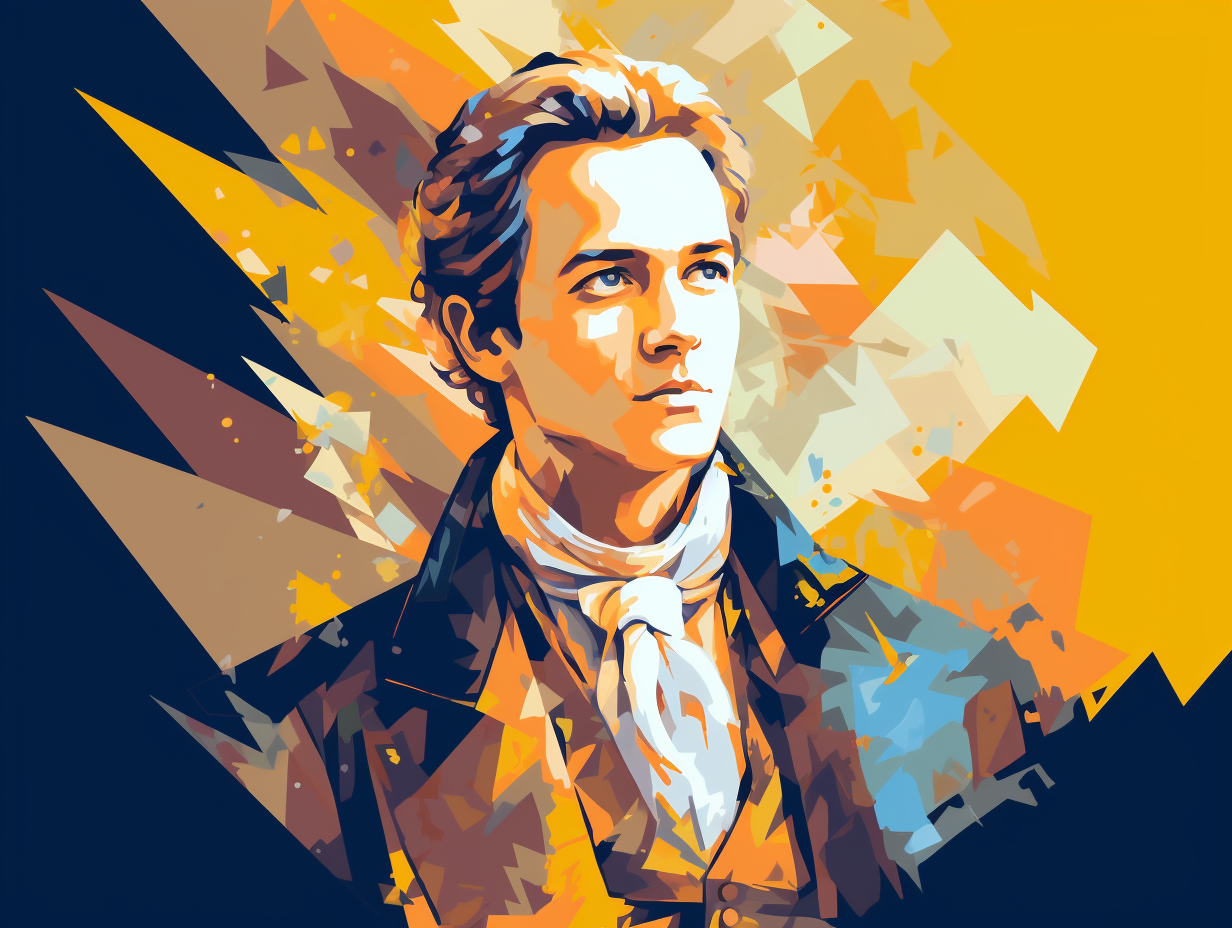
15. Aspiring Monopoly Man
In a truly "bankable" move that would make the Monopoly Man green with envy: Alexander Hamilton founded the Bank of New York in 1784 to resuscitate the post-war economy, which ultimately became the second oldest continually operating bank in the U.S., and played a pivotal role in forging the American financial system.
Source => nps.gov
16. Duel-Adjusting Politician
Looking for trouble in a duel over colonial politics? Duel-adjustment, activate: Alexander Hamilton's plan, presented at the Constitutional Convention, moved the Virginia Plan closer to the center of the spectrum and influenced America's government structure, but gained him some notoriety as a suspicioned monarchist.
Source => nps.gov
Related Fun Facts

